More airlines saying ‘leave your passport in your pocket’
Digital-first technology is becoming the new ‘express ticket’ for boarding or entering the frequent flyer lounge.
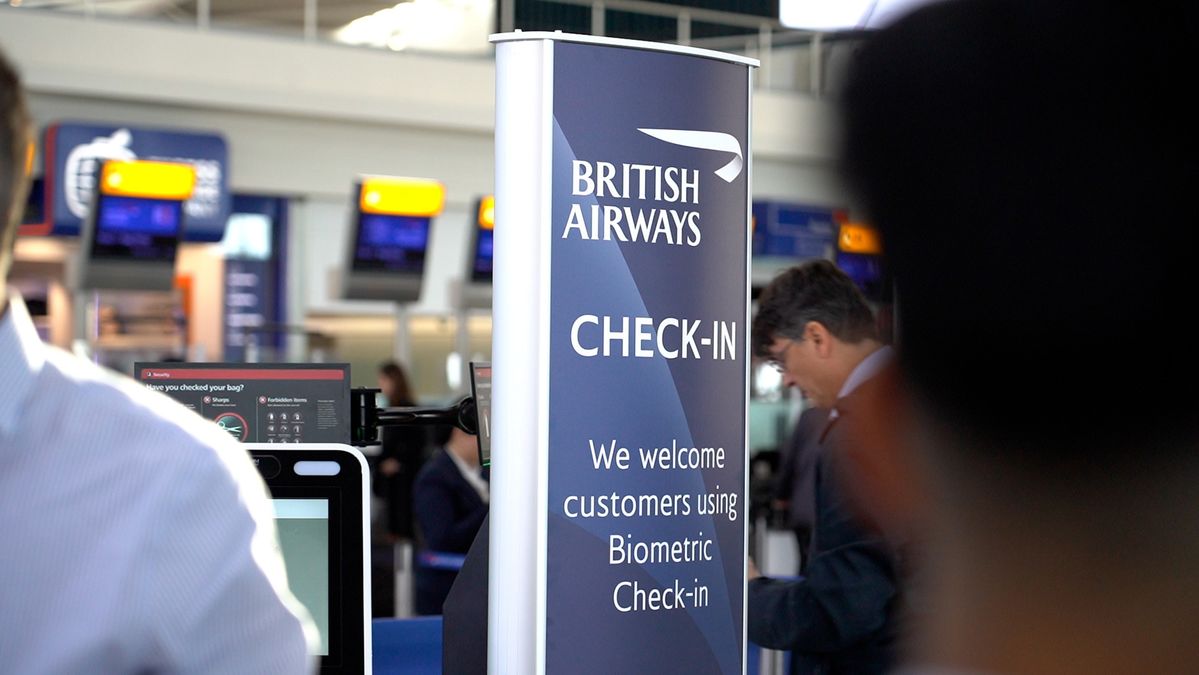
Faster boarding with less face-to-face contact could soon be coming to an airport near you, with the post-pandemic trend for biometric scanning – eliminating the need to present a passport prior to travel through facial recognition – gaining fresh momentum.
Air New Zealand and British Airways both expanded trials of the time-saving tech late last year, joining a growing chorus of early adopters from Japan Airlines to Emirates and Singapore Airlines. Airports are investing heavily too.
Japan’s Haneda and Narita Airports, the UAE’s Dubai and Abu Dhabi International Airports, and Switzerland’s Zurich Airport are a handful to already have biometrics in play, allowing registered users to board flights and enter lounges without flashing boarding passes.
Star Alliance is also employing it at gates and frequent flyer lounges in Frankfurt, Munich, Vienna and Hamburg. The alliance aims to have half of its 26 member airlines using it by 2025.
Lufthansa, one of the pioneers in biometrics (it first dabbled in the tech at LAX in 2018, followed by JFK in 2019), has just added Berlin’s Brandenburg Airport to the list.
Initially exclusive to Lufthansa Group Airlines’ HON Circle Members and Senators, the new ‘BER Traveller’ program allows users to skip the queue and access priority screening lanes, though is expected to cover lounge access and boarding at the gate in future.
In Australia, Perth Airport started biometrics trials on select Singapore Airlines flights in October 2022, while Darwin Airport switched on upgraded SmartGates with advanced facial recognition in December. Other local airports are expected to follow by the end of 2024.
Faster, simple processing is key
“In the new travel era, we need simplicity not complexity,” says Air New Zealand’s Chief Digital Officer Nikhil Ravishankar. Contactless technology is key to making that possible.
The Kiwi flag carrier is expanding the number of airports where travellers can take advantage of biometric scanning, but so far only in the United States. LAX was the first cab off the ranks, with San Francisco earmarked as the next to follow.
Travellers “want their airport experience to be hassle-free and technology is a key enabler of that,” Ravishankar explains.
Airline industry group IATA says more than 75% of passengers “see huge value in biometric verification and want to use it instead of passports and boarding passes,” he adds.
Seamless, self-service security
It isn’t only travellers who see value in it, the United States’’ Transportation Security Administration (TSA) does too, viewing it as a way to create a more seamless experience.
Following a successful pilot at Ronald Reagan Washington National Airport in 2020, the agency is now rolling out updated ID scanners using facial recognition tech to scan users’ identities at airports across the country. And there’s no need to pre-register.
Instead of requiring travellers to fill out paperwork in advance, they simply insert their drivers’ licence or passport into the scanner and it verifies if they’re a ticketed passenger.
A digital first approach
Biometrics, like this, is seen by many as the logical next step for travel, as the industry embraces the digital revolution – and faster processing is just one of its benefits.
Just last week, Emirates revealed it was phasing out paper boarding passes on all flights from Dubai, making their digital counterparts, which have been used by savvy travellers for years, the default.
Baggage receipts are emailed through once bags are dropped off.
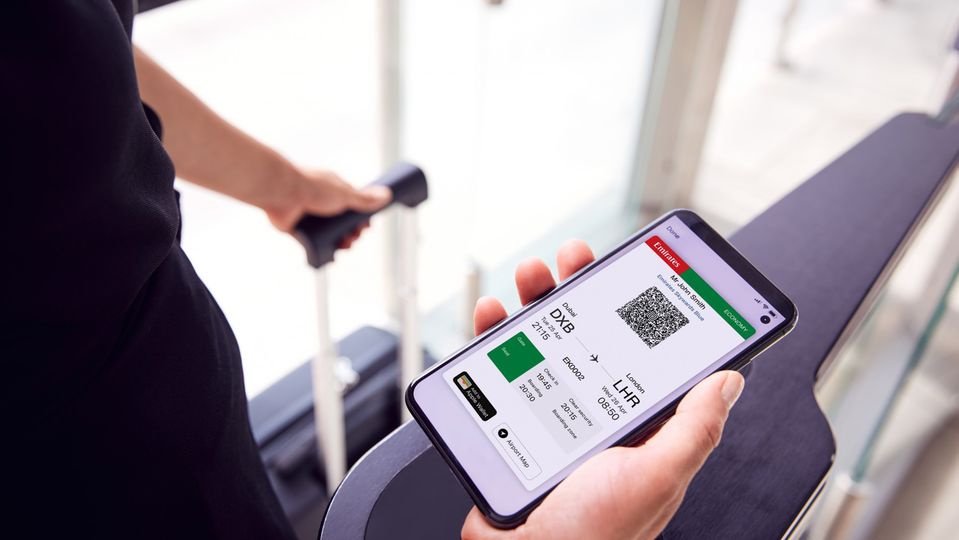
A statement from the airline says the move “will significantly reduce paper waste while simultaneously offering a convenient and speedy digitised check in experience for passengers”.
Of course, physical passes are still available for select flyers – special assistance travellers and unaccompanied minors, for example – and for those continuing their journey on connecting flights beyond Dubai, as well as on request.
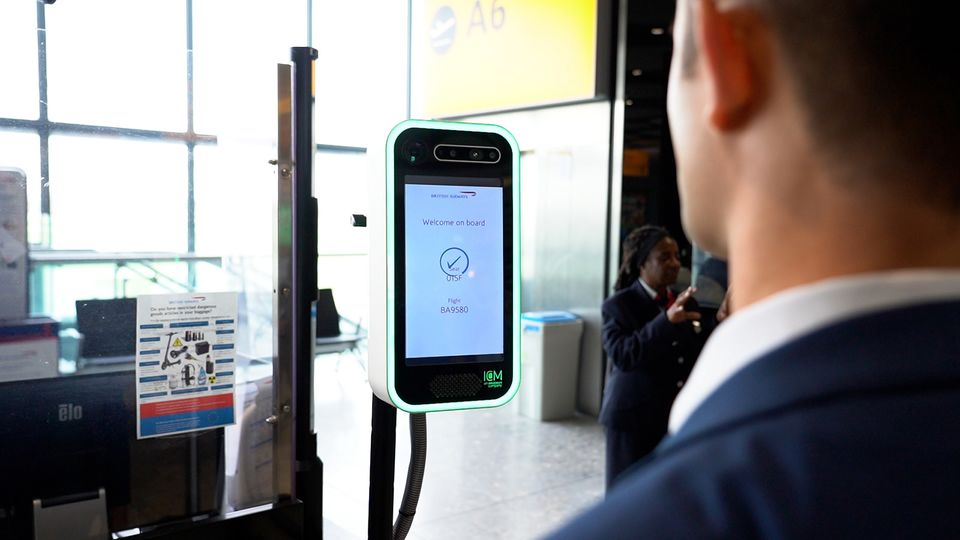
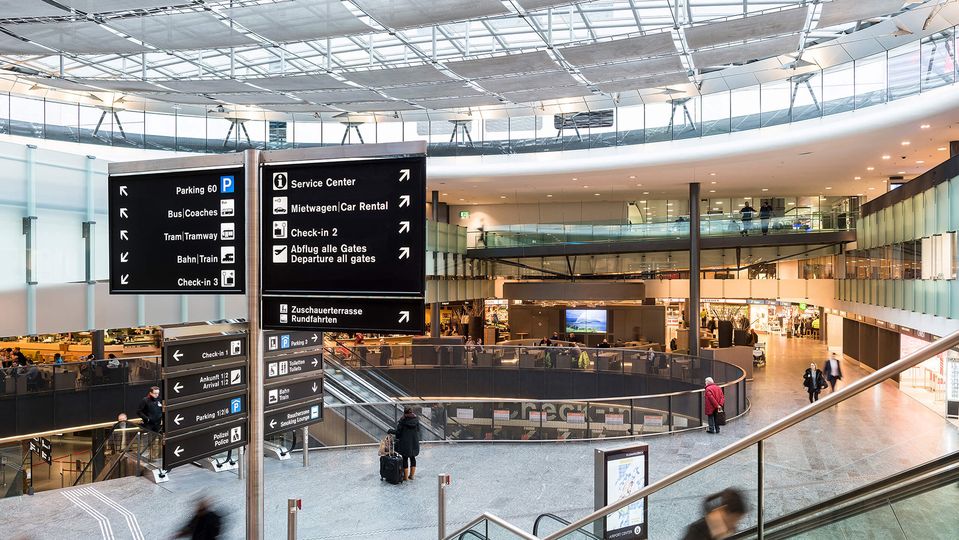
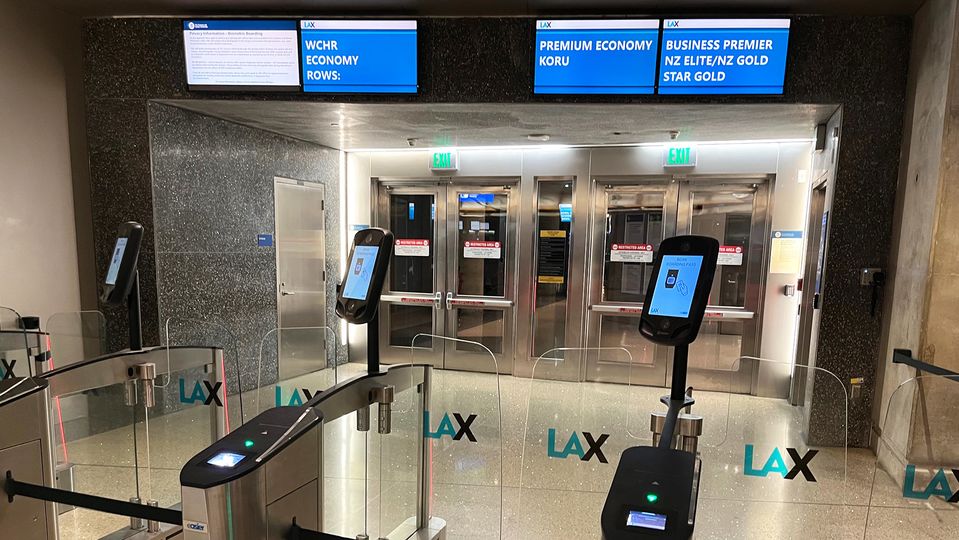
25 Jun 2018
Total posts 46
Sounds good, but ….. what about we folks who don’t use a mobile phone or any other electronic device. Our passports have biometric photo and chip so presumably it is scanned at check in and thereafter our faces are scanned at every checkpoint. As for speed of processing, forget it.
Hi Guest, join in the discussion on More airlines saying ‘leave your passport in your pocket’